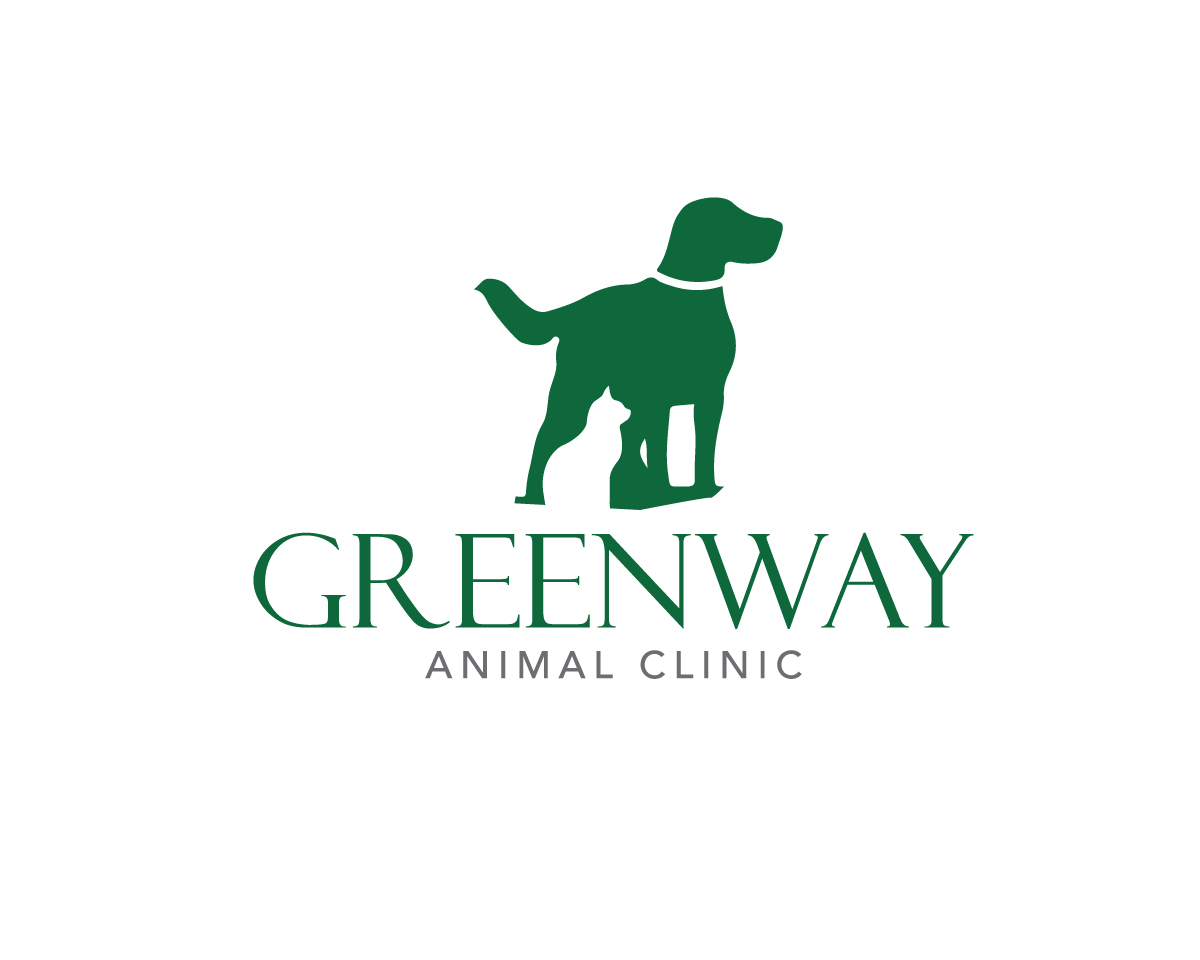Pet Health Library
-
Punishment is defined as the application of a stimulus that decreases the chances that a behaviour will be repeated. In practical terms when dealing with dogs, we aim to associate an unpleasant consequence with an undesirable behaviour to reduce the occurrence of the behaviour.
-
These are non-specific clinical signs and can be caused by many different conditions and diseases.
-
In the wild rabbits spend many hours chewing grass. This is a tough fibrous material that also contains abrasive silicates.
-
Unlike most pets, snakes eat whole prey items including mice, rats and hamsters. Larger snakes will also eat whole rabbits.
-
Most dogs' ears are a lot larger than ours and certainly a lot more sensitive. We usually only clean them when there is a problem and they are already sore, so the dog learns that handling around the ears is painful and tries to avoid it.
-
Cats are very strongly bonded to their environment and any change is likely to result in significant stress. If we consider the changes that we are enforcing on a cat when we take it to the vet, it is hardly surprising that many cats are very stressed by the time they arrive at the veterinary practice.
-
Dogs are highly social animals that make wonderful pets. However, with the lifestyle and schedule of the majority of families, dogs must learn to spend a portion of the day at home alone, while their human family is away at school, work, shopping or recreational activities.
-
It is most convenient to house pet rodents in wire type 'bird-cages', although cages are available specifically for these pets. Wooden cages are not suitable as rodents love to chew and can really destroy their homes.
-
Smaller juvenile pets often do well in a 10 or 20-gallon aquarium, or even large plastic "lunch" boxes (cut small air holes!). As your snake grows, he must be moved to a more comfortable enclosure.
-
Urine spraying is part of the cat's normal scent-marking behavioural repertoire which also includes scratching, rubbing, chinning, bunting (depositing secretions from head glands on twigs etc., and middening (leaving faeces uncovered).

